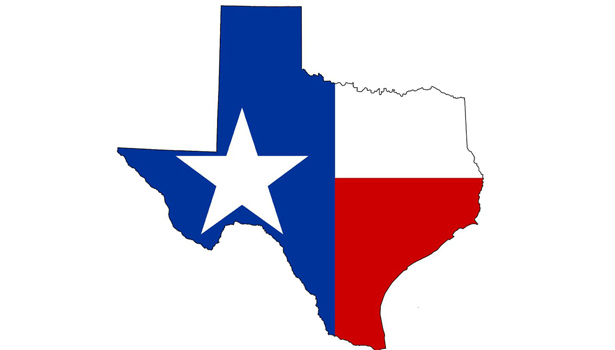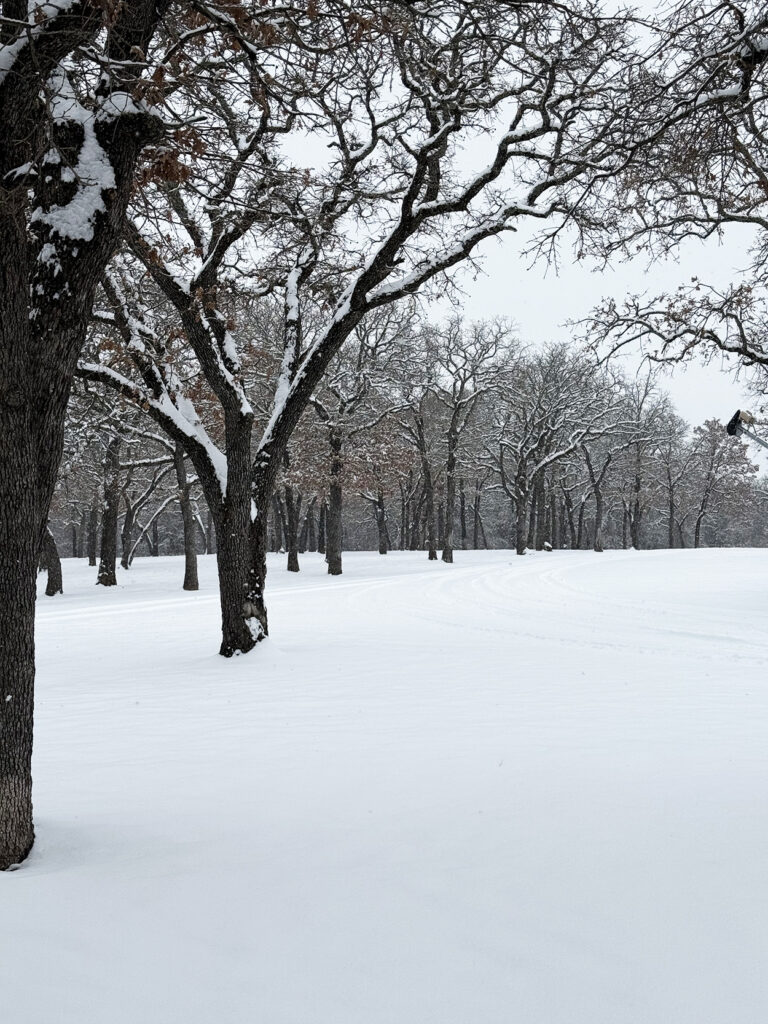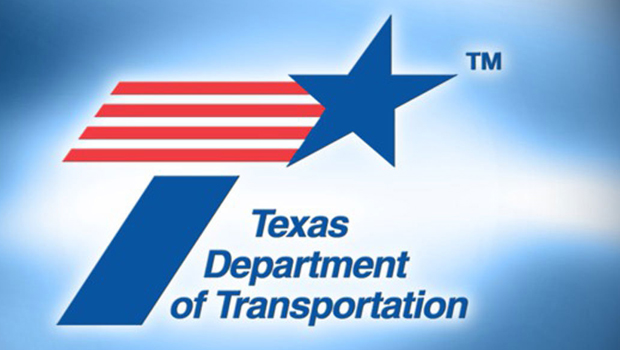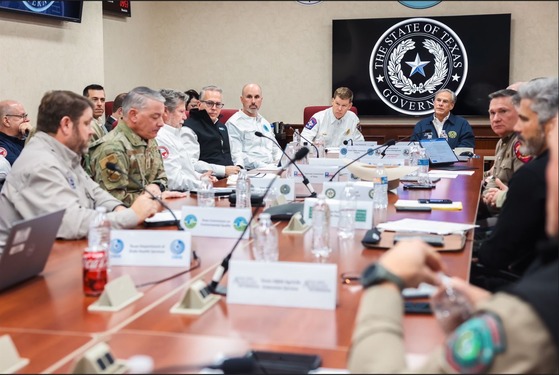NEWS
TCEQ working with local water officials to facilitate lifting boil water notices

More than 14 Million Texans Remain Under Advisories Related to Severe Weather
Number of Texans experiencing water issues stabilized Friday night; more than 60 systems released from BWN
AUSTIN – As millions of Texans emerge from a grueling week of severe cold, the Texas Commission on Environmental Quality is supporting communities across the state to restore local Public Water Systems that have been compromised by the severe weather.
While local Public Water Systems are responsible for enacting measures to restore their systems, TCEQ actively collaborates with local, state and federal agencies to ensure a coordinated response during severe weather events and other emergencies.
Public Water Systems – By the Numbers
For the first time since the winter storm struck last week causing a host of issues for PWSs, the number of Texans experiencing water issues stabilized Friday night. As of 10:45 a.m. Saturday, Feb. 20, 1,445 public water systems have reported disruptions in service due to the weather, many of them leading to Boil Water Notices. This is affecting nearly 14.4 million Texans in 190 counties. However, 64 BWNs have been rescinded.
TCEQ regional personnel are also working with local officials to bring wastewater systems back online as expeditiously as possible. As of 10:45 a.m. Saturday, 85 wastewater systems reported issues of some kind.
TCEQ maintains a running list of communities under the advisories, which is posted once daily on its severe cold weather incident webpage. These numbers are frequently changing depending on conditions and the progress of local systems’ efforts.
Ensuring Safe Drinking Water
TCEQ regulations provide local officials a roadmap of what they need to do to ensure drinking water is safe for residents served by water distribution systems.
It is critically important to ensure local drinking water is safe to consume. Before BWNs can be lifted, PWSs are required by TCEQ rules to conduct tests to ensure water is safe to drink.
TCEQ is working with local officials to return systems to normal operational status as quickly as possible. For systems to be released from a BWN, they are required to conduct sampling to ensure the water is safe to consume. These tests are required by state law to be conducted by accredited drinking water labs. Given the number of water systems affected by this event, TCEQ is working to secure assistance from as many labs as possible.
“TCEQ is doing everything we can to support water systems as they recover from this weather event,” said TCEQ Executive Director Toby Baker. “We understand that it’s tough to be without water, or to have to boil it before consuming it, because we’re experiencing it firsthand alongside so many Texans.”
TCEQ has asked the Federal Emergency Management Agency and the Environmental Protection Agency to send mobile labs to Texas to provide expanded options for testing water samples. Baker said TCEQ has also requested that Texas river authorities qualified to test drinking water make their labs available for testing.
For water system operators who require technical assistance or whose labs cannot process bacteriological drinking water samples, TCEQ will assist in locating an available lab through a hotline: 855-685-8237. This hotline is for water system operators only; the public should direct questions to their local water systems.
Why are So Many Texans Without Water or Under Boil Water Notices?
Water systems across the state lost power and subsequently have been unable to treat water at treatment facilities or pump treated water into their distribution systems. Many systems have had to deal with water main breaks, mechanical failures, frozen or broken water lines, and increased customer demand.
These and other problems led PWSs to issue BWNs throughout the week to protect residents from drinking water that may have been contaminated with bacteria or other organisms.
Under TCEQ rules, public water systems must issue BWNs if any of these conditions occur:
- water outages
- low distribution pressures (below 20 pounds per square inch)
- microbiological samples found to contain elevated E. coli levels
- inadequate disinfectant residuals
- elevated surface water turbidities such as clay, silt or algae
- other conditions indicating drinking water supply has been compromised
Rescinding Boil Water Notices
To rescind the BWN, the local Public Water Systems must:
- Determine that water in their system does not pose an acute health risk
- Disinfect affected areas or the entire distribution system
- Collect bacteriological samples and obtain negative coliform results
- Return to normal operating parameters, including power restoration, required water pressure levels, minimum disinfectant residual levels, no excessive turbidity
For more information on this severe cold weather event, visit TCEQ’s event response page. Updates and tips will also be posted to Facebook and Twitter.
NEWS
Snow Day pictures abound

The Bowie News was overwhelmed with more than 400 snow day photos sent in from across the county. Please view them on our Facebook page. We will publish many in the Thursday Bowie News. Thank you to everyone who sent them in.
Top photo – Brandee Mumms and her family put together a snowman.

NEWS
Highway road crews make progress clearing roads today

WICHITA FALLS DISTRICT – TxDOT maintenance crews cleared all Tier 1 and Tier 2 highways
today. Snowplows started running between Midnight and 4 am across the region. Tonight, we
are expecting slick conditions because of refreeze. Bridges and overpasses will be particularly
icy.
Archer City Office: Archer county is reporting wet roads on their Tier 1 roadways including US
281 and SH-79. They are planning to run plows on secondary roads this evening. Slick spots on
bridges and overpasses are expected overnight.
Bowie and Nocona Offices: Bowie and Nocona kept highways US 287, US 82, US 81, and SH59 constantly cleared today. The area’s primary roads are in great shape. The crew plans to
expand to SH-175 in Montague and Nocona overnight.
Gainesville Office: The Gainesville office is responsible for taking care of more than 20 miles of
I-35. Crews worked hard today to keep I-35 in great condition and keep the Interstate traffic
moving. US 82 is also a high priority highway, and the plows were on it all day. The office has
been able to plow some of their higher volume FM roads. Refreeze will also be a big concern in
Cooke County.
Graham Office: Graham’s crew got their primary roads in top shape today. However, the
Area Engineer, Zach Husen, wants to remind everyone that bridges and overpasses will refreeze
tonight. There will be ice on the lane markings as well as the shoulders. Graham has already
been able to start plowing FM’s which they will work on tonight as well.
Henrietta and Clay County Office: Our maintenance office in Henrietta services all of Clay
County. US 287 is their Tier 1 roadway that was very good shape this afternoon. The crew has
already started plowing lesser traveled roads and will continue to plow new highways while
maintaining the best service possible on US 287. The maintenance supervisor, Darin Reed, is
concerned about snow and runoff refreezing tonight. Drivers should be cautious and watch for
black ice.
Vernon, Wilbarger County Office: The Vernon crew kept US 287 in good shape today. They
were able to work on other primary and secondary roads in their area. Refreeze is the main
concern for tonight.
Wichita Falls Office: Crews plowed their major roadways in top shape including I-44, US 287,
and US 82 (Kell Fwy) as well as the area’s secondary highways. This crew will continue to keep
control of these major roadways throughout the night.
(MORE)
Wet roadway conditions with slick spots are expected across the entire district. Refreezing will
happen on plowed highways and unplowed roads. Overpasses and bridges will be the first to
freeze and the last to thaw. Motorists should be on the watch for black ice.
Motorists can obtain travel information, road conditions and see 15 Wichita Falls traffic cameras
and 1 Vernon camera by visiting DriveTexas.org or calling (800) 452-9292. Traffic cameras are
also at TxDOT.Gov.
Remember to follow the Wichita Falls District on our Facebook page,
www.Facebook.com/TxDOTWichitaFalls and on Twitter, www.Twitter.com/TxDOTWF
If you experience any emergency on the road, call 9-1-1 for help.
Drivers are urged to follow these precautions:
Reduce speed. Speed limits are based on normal dry road and weather
conditions, not winter road conditions. Do not use cruise control.
Turn on your headlights. It is not for you…it’s so other drivers can see you.
Maintain at least three times the normal following distance on snow or ice.
Watch carefully for personnel, equipment treating roadways, and stay at least
200 feet back from road crews. Don’t Crowd the Plows.
Use extra caution on bridges, ramps, overpasses, intersections, and shaded
areas as they tend to freeze first and thaw last.
If you start to slide, ease off the gas pedal or brakes. Steer into the direction
that you want to go until you feel you have regained traction, and then
straighten your vehicle.
NEWS
Governor Abbott provides update on Texas’ ongoing response to severe winter weather

AUSTIN – Governor Greg Abbott today provided an update on Texas’ ongoing response to severe winter weather impacting large portions of the state following a briefing with state officials at the State Operations Center in Austin. Texans across the state should prepare for below freezing temperatures, rain, sleet, freezing rain, and snow through the next few days.
“The lives of our fellow Texans are by far the most important priority,” said Governor Abbott. “We are dealing with very cold and below-freezing temperatures that will remain in place across much of the state, especially in the northern half of Texas. Texans are encouraged to call 2-1-1 or visit tdem.texas.gov/warm and monitor local media outlets for their closest warming center. To help Texans stay safe and warm, I deployed emergency response resources from more than a dozen agencies across the state of Texas. I urge Texans to be careful and cautious to protect yourself and your life while driving on the road in these conditions. I want to thank all the emergency first responders who are engaged at the state and local levels. Their role and service are more critical now than almost any other time as we work to protect our fellow Texans.”
Watch the Governor’s full press conference here.
Governor Abbott was joined at the press conference by Texas Division of Emergency Management (TDEM) Chief Nim Kidd, Texas Department of Transportation Deputy Executive Director Brian Barth, Electric Reliability Council of Texas CEO Pablo Vegas, and Public Utility Commission Chair Thomas Gleeson.
During the live update, the Governor noted that freezing temperatures, rain, sleet, freezing rain, and snow will begin to push into West Texas and continue to spread eastward, impacting West, Central, North, and Northeast Texas through Friday. The Governor urged Texans to avoid traveling on roadways due to snow and ice accumulations that may impact the state, especially across North and Northeast Texas and West Texas through the Big Country, Concho Valley, and the Northern Hill Country. Governor Abbott also advised Texans to have contact information for their local power provider in the event of any localized power outages. Additionally, Governor Abbott encouraged Texans to remain weather-aware, avoid going outside in freezing temperatures, and utilize one of the more than 300 warming centers across the state to help stay warm.
Yesterday, Governor Abbott directed TDEM to increase the readiness level of the Texas State Operations Center to Level II (Escalated Response). The Governor also directed TDEM earlier this week to activate state emergency response resources in anticipation of severe winter weather.
The State of Texas has over 3,400 state personnel, over 1,860 vehicles and equipment assets deployed, and over 21 state agencies responding to this winter weather across Texas.
Texans are encouraged to visit the TDEM Disaster Portal for winter weather information. Texans can also locate winter weather safety tips by visiting TexasReady.gov, find warming centers opened and operated by local officials at tdem.texas.gov/warm, and check road conditions at DriveTexas.org.
-

 NEWS2 years ago
NEWS2 years ago2 hurt, 1 jailed after shooting incident north of Nocona
-

 NEWS1 year ago
NEWS1 year agoSuspect indicted, jailed in Tia Hutson murder
-

 NEWS2 years ago
NEWS2 years agoSO investigating possible murder/suicide
-

 NEWS2 years ago
NEWS2 years agoWreck takes the life of BHS teen, 16
-

 NEWS1 year ago
NEWS1 year agoMurder unsolved – 1 year later Tia Hutson’s family angry, frustrated with no arrest
-

 NEWS2 years ago
NEWS2 years agoSheriff’s office called out to infant’s death
-

 NEWS2 years ago
NEWS2 years agoBowie Police face three-hour standoff after possible domestic fight
-

 NEWS2 years ago
NEWS2 years agoDriver stopped by a man running into the street, robbed at knifepoint






